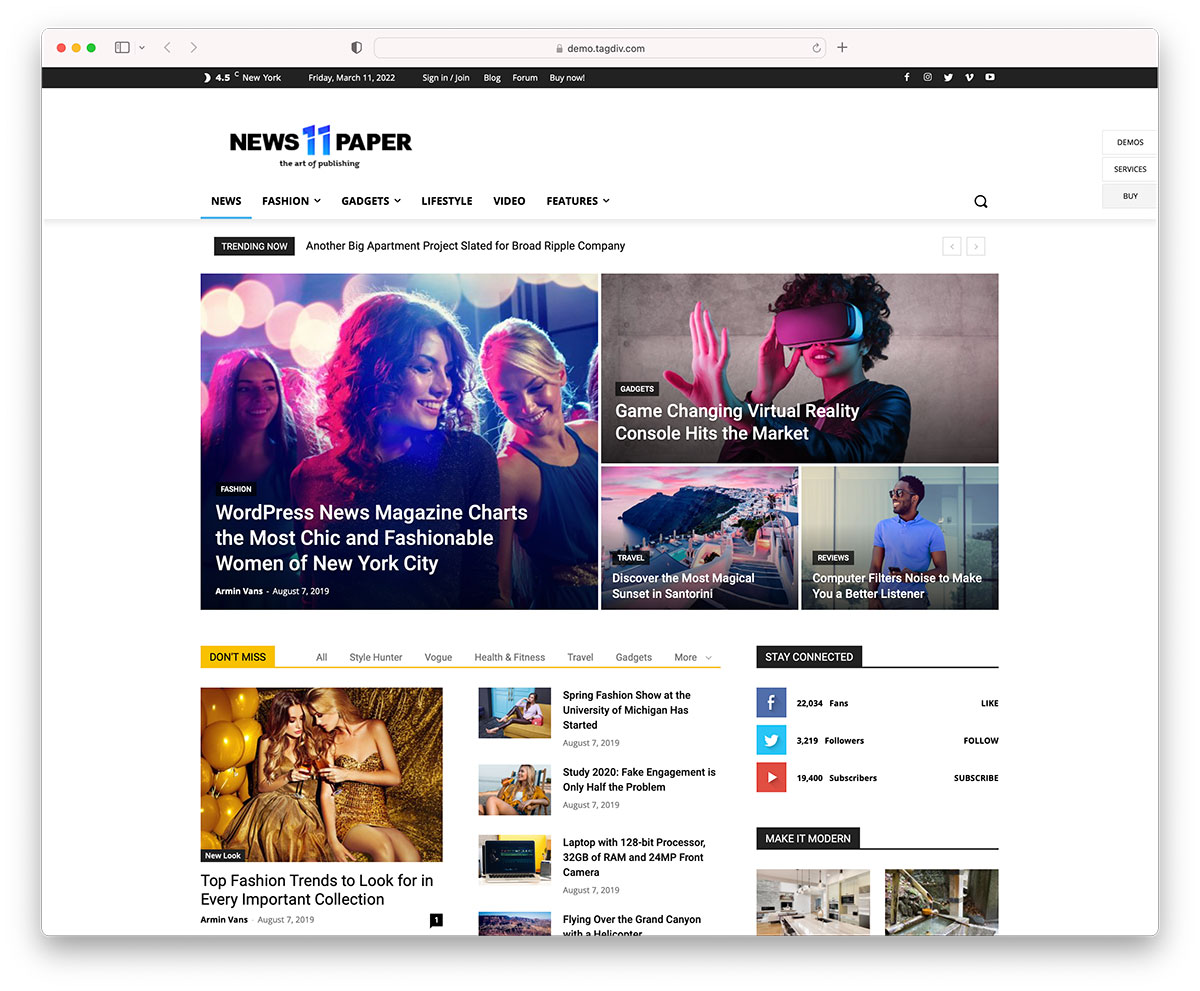The Ultimate Guide To News Websites
The Ultimate Guide To News Websites
Blog Article
About News Websites
Table of ContentsThe Greatest Guide To News WebsitesLittle Known Facts About News Websites.Fascination About News WebsitesNews Websites Fundamentals ExplainedExcitement About News Websites
It was down in the UK and Brazil but up a few other nations, such as Greece, Bulgaria, and Poland (News Websites). This year, for the very first time, we inquired about the different means that individuals avoid the news and found that around half of avoiders (53%) were trying to do so in a broad-brush or periodic way as an example, by transforming off the radio when the information began, or by scrolling past the news in social networkse.g. scrolling previous information, transforming networks when information begins. of avoiders inspect resources much less usually. e.g. limit to particular times of day, shutting off notices, etc. of avoiders prevent some topics. e.g. topics that reduce state of mind or increase anxiousness. You stated that you attempt to actively stay clear of information.
I'm probably choosing to find out more light-hearted tales than I used to at the minute. M, 51, UK Turning my back on news is the only means I feel I can cope occasionally. I have to knowingly make the initiative to avert for the benefit of my very own psychological health and wellness.
The Greatest Guide To News Websites
Careful avoidance of Ukraine information was highest possible in most of the nations closest to the problem, enhancing findings from our additional study in 2015, right after the battle had begun. Our data may not recommend an absence of interest in Ukraine from neighboring nations however instead a desire to manage time or secure mental health from the really actual horrors of battle.
Contrasting Finland with a politically polarised country such as the United States (see following chart) that is less influenced by the battle, we locate a very different pattern of subject evasion. In the United States, we discover that consumers are much more likely to avoid topics such as nationwide politics and social justice, where discussions over concerns such as gender, sexuality, and race have ended up being extremely politicised.
American national politics are quite hazardous nowadays. I find in some cases that I have to disconnect from tales that just make me angry. F, 61, United States For some individuals, bitter and divisive political disputes are a factor to shut off information completely, but also for some political upholders, avoidance is typically concerning shutting out perspectives you don't intend to hear.

News Websites - An Overview
Some are looking to make information much more obtainable for hard-to-reach teams, broadening the news program, commissioning even more inspiring or favorable information, or welcoming useful or solutions journalism that offer individuals a sense of hope or personal agency. In our study this year, we asked respondents concerning their rate of interest in these various strategies.
This describes why stories like Ukraine or nationwide politics execute well with information regulars yet can at the exact same time turn less interested customers away (News Websites). Selective avoiders are much less curious about all types of news than non-avoiders yet in family member terms they do appear to be more interested in positive or solutions-based news

News Websites for Dummies
2023). This might hold true in the moment, yet over time it seems to be leaving lots of people empty and much less pleased, which might be weakening our connection with and rely on the news. Across markets, general count on news (40%) and count on the resources individuals use themselves (46%) are down by a further 2 percent points this year.
Through the rear-view mirror, the COVID-19 count on bump is plainly noticeable in the following chart, though the direction of traveling afterwards has been blended. In some situations (e.g. Finland), the trust boost has been preserved, while in others the upturn looks more like a spot in a tale of ongoing lasting decrease.
A few of the greatest reported degrees of media objection are discovered in countries with highest degree of wonder about, such as Greece, the Philippines, the United States, France, and the UK. The most affordable degrees of media criticism frequent those with higher levels of trust, such as Finland, Norway, Denmark, and Japan.
What Does News Websites Do?
This year we asked respondents concerning their choices for message, audio and video when eating information online. Generally, we discover that the bulk still choose to read news the news (57%), as opposed to watch (30%) or pay attention to it (13%), yet more youthful individuals (under-35s) are extra likely to pay attention (17%) than older groups.
Behind the averages we find substantial and unexpected nation differences. In markets with a solid reading tradition, such as Finland and the United Kingdom, around 8 in 10 still favor to check out on the internet information, but in India and Thailand, around 4 in ten (40%) say they prefer to watch information online, and in the Philippines that proportion is over fifty percent (52%).
Report this page